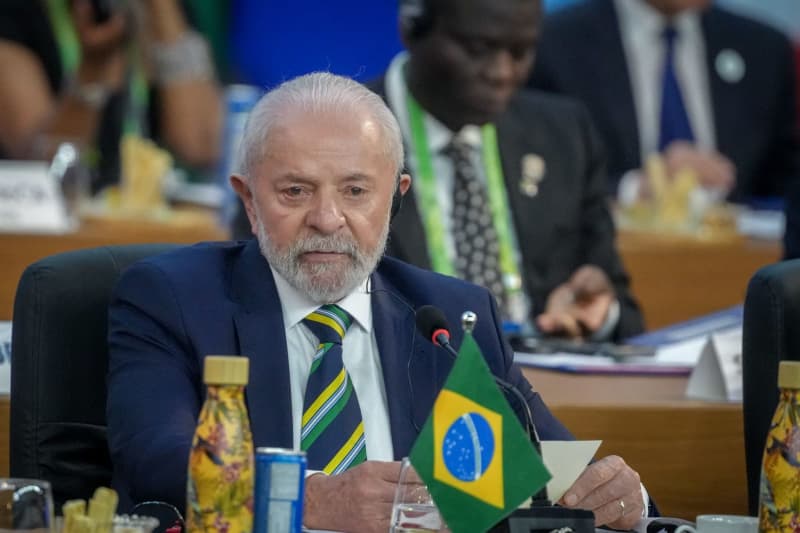Brazilian President Luiz Inácio Lula da Silva recently inaugurated the Global Alliance against Hunger and Poverty during the G20 summit held in Rio de Janeiro. He emphasized that hunger and poverty are not merely the outcomes of natural scarcity but stem from political choices that marginalize large segments of the population. This initiative represents a focal point of Brazil’s leadership during the G20 presidency, which aims to unite the world’s foremost economies in addressing these pressing global issues. Lula’s assertion highlights the systemic nature of hunger and poverty, indicating that concerted political action and commitment are essential in overcoming these challenges.
The Global Alliance is designed to facilitate the exchange of knowledge and to coordinate efforts toward enhancing food security among participating nations, which, at this point, includes 81 countries pledging public support. Lula believes that this initiative could mark a significant legacy for Brazil during its G20 presidency. He reiterated that alleviating hunger and poverty is not merely a humanitarian obligation; it is fundamental to establishing a peaceful and just world. By addressing these critical issues, the Alliance aims to foster social stability and encourage equitable growth within nations.
A significant financial commitment has already been made toward this cause. The Inter-American Development Bank has announced a substantial pledge of $25 billion to support efforts against hunger and poverty. This investment represents a proactive step in engaging financial resources to combat these longstanding issues effectively. Lula’s call for substantial investments reflects an understanding that tackling the underlying causes of hunger and poverty requires significant economic backing to support small-scale agriculture and sustainable practices.
In addition to the commitments from financial institutions, Oxfam, an international nonprofit organization, has urged G20 member states to make robust public investments in small-scale agriculture. This emphasis on agricultural investment is crucial because small-scale farmers often face the brunt of food insecurity and poverty. By directing funds toward these farmers, governments can help boost food production capacity, enhance food security, and improve the living standards of those working in the agriculture sector. This collective effort can support the overall goal of reducing hunger and poverty across the globe.
The European Union has also signaled its intent to participate actively in the Global Alliance. European Commission President Ursula von der Leyen announced the EU’s engagement, further illustrating a multilateral approach to addressing hunger and poverty. This collaborative effort exemplifies how various global leaders are rallying around a common cause. The integration of multiple countries and organizations emphasizes the need for a unified response to the complex issues of food security and poverty reduction.
In conclusion, the launch of the Global Alliance against Hunger and Poverty under Lula’s leadership marks a critical turning point in the global fight against these enduring issues. The initiative aims to create a platform for collaboration among nations, emphasizing the necessity of political will, substantial investment, and public commitment. By addressing hunger and poverty, the global community can work towards transformative changes that foster peace, stability, and prosperity for all. As countries unite under this initiative, the hope is that collective action will create a sustainable and equitable future, leaving a significant legacy for generations to come.

